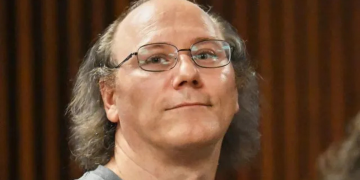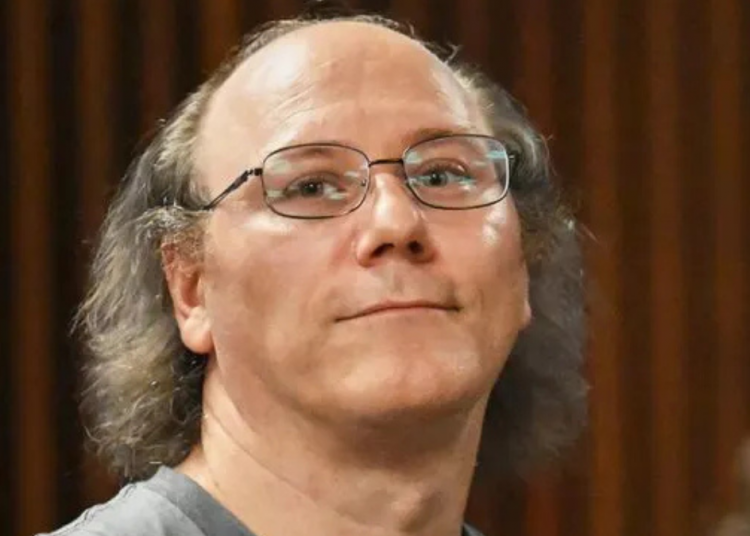A man in New York who confessed on live television to murdering his elderly parents because they were “losing their independence” has now publicly called for the legalization of assisted suicide.
The individual, identified as Lorenz Kraus, admitted to strangling his father and choking his mother with a rope in September, claiming that his actions were motivated by “compassion” and a “sense of duty” because of his parents’ declining health and advancing age.
Kraus used this tragic admission as the basis for urging lawmakers to allow assisted suicide, arguing that people experiencing similar circumstances—where a loved one’s independence is fading and their suffering appears inevitable—should have a legal means to address the situation. He remarked, “We need to widen up the law so that people can deal with these kinds of problems in a humane way.”
This case illustrates the grave risks inherent in legalizing assisted suicide. It shows how the rhetoric of compassion and relief from burden can become a justification for taking life rather than protecting it. The fact that someone who committed murder is now advocating for a legal framework to facilitate death underscores how easily the line between care and coercion—between support and sanction—can be blurred.
His justification—that the parents were “losing their independence” and thus his action was merciful—mirrors arguments often advanced by supporters of assisted suicide: that death is preferable when life is deemed to lack dignity, autonomy, or independence. In his own words: “There are 40 million boomers. They’re all going to go through these kinds of [age-related] problems.”
Society must resist the shift from valuing life unconditionally to valuing life only when it meets certain criteria of independence or productivity. If the logic of assisted suicide gains legal footing, the danger is that vulnerable individuals may feel pressure—direct or indirect—to end their lives for the supposed benefit of others or to avoid being a “burden.”




















Discussion about this post